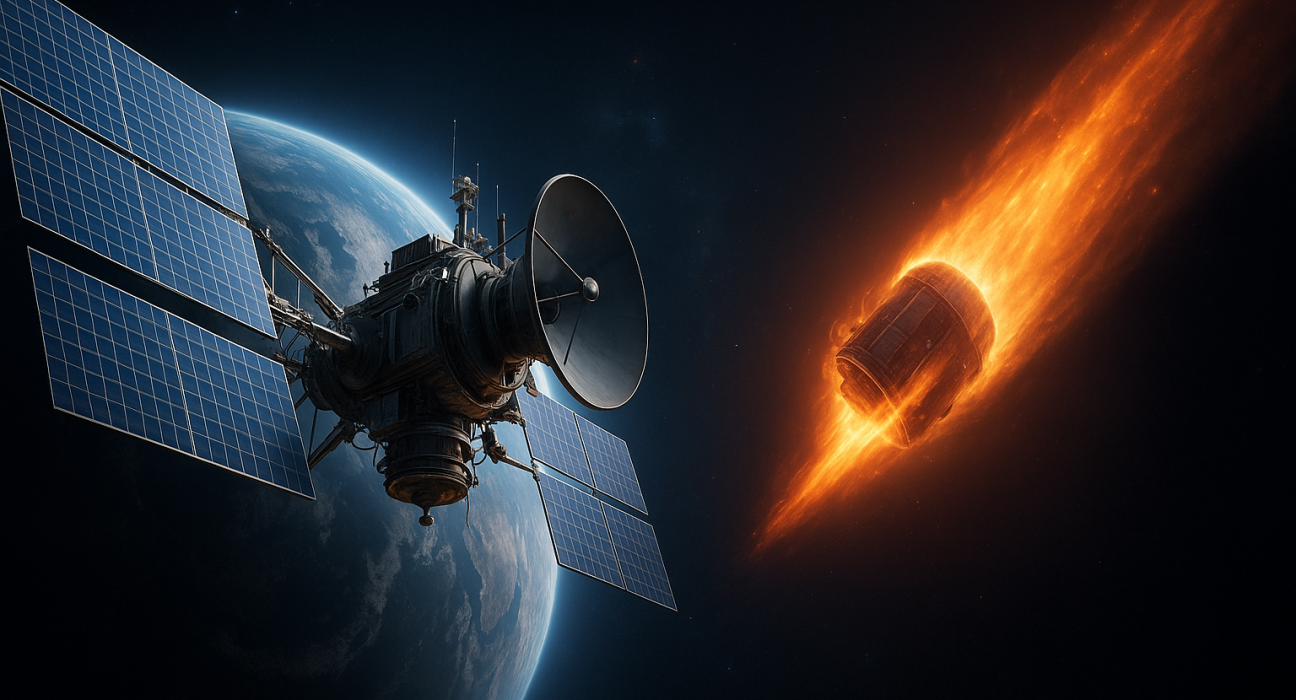On August 4–5, 2025, multiple outlets—including Futurism and NPR—reported that the White House has instructed NASA to prepare plans to terminate at least two climate-focused satellites, specifically the Orbiting Carbon Observatory 2 (OCO‑2) and OCO‑3, which track atmospheric carbon dioxide levels. OCO‑2 launched in 2014 and became a global “gold standard” for high-resolution CO₂ data; OCO‑3, mounted on the International Space Station, continued the mission with strong relevance for climate science and agriculture .
Multiple current and former NASA employees—speaking anonymously—confirmed that they were asked to draft satellite destruction or deorbit plans, potentially leading to atmospheric burn-up of fully functional instruments. Critics, including Representative Zoe Lofgren (D‑CA), have called the directive “illegal” given that it appears to move forward using funds already appropriated—raising constitutional and procedural questions.
These satellites are widely used by scientists, policymakers, farmers, and environmental agencies to monitor global carbon budgets, analyze emission sources, and support climate resilience planning. OCO‑2 in particular provides unique insights into photosynthesis levels tied to plant growth, which has applications for agriculture and climate modeling.
The reported action comes amid broader efforts to sharply reduce NASA’s science budget. The administration’s FY 2026 proposal aims to cut roughly 47% from NASA’s Science Mission Directorate, canceling or suspending around 41 missions—including many operational planetary explorers and deep space programs. Among the threatened missions are New Horizons (Pluto/Kuiper Belt), Juno (Jupiter), Mars Odyssey, MAVEN, and OSIRIS‑Apophis—the cuts would impact fully functioning and scientifically valuable spacecraft.
Key Points
- Ordered termination of the OCO‑2 and OCO‑3 climate satellites, even though they’re operational and scientifically valuable.
- “This is illegal” claim by lawmakers over using FY 25 funds to cancel active missions.
- Significant data loss risk: OCO satellites inform climate modeling, policy, agriculture, and international agreements.
- Action part of a broader push to slash NASA’s science budget by nearly half, threatening dozens of missions.
Future Projections
Climate Monitoring & Policy Impact
Removing OCO‑2 and OCO‑3 risks data gaps in global carbon tracking essential for informed climate policy. Loss of detailed CO₂ mapping could undermine efforts to monitor emissions, adjust agricultural practices, or meet international climate goals.
Research & Agricultural Applications
Researchers and farmers rely on OCO data to gauge growing seasons via photosynthesis mapping—a capability unique to these satellites. Eliminating them may weaken predictive analytics and resilience planning in agriculture and forestry sectors.
Space Leadership & International Standing
The mass cancellation of missions threatens U.S. prestige in space science. Programs like New Horizons and Juno are internationally renowned—ending them could signal waning U.S. leadership and embolden international rivals, with strategic and soft-power consequences .
Budget & Legislative Outlook
Although the White House issued the directive, Congress retains authority over final funding. Recent moves indicate a push to reject or moderate the proposed cuts; the finalized FY 2026 budget may preserve some critical missions.
Legal & Institutional Implications
Calling the directive “illegal” highlights tensions over executive overreach and misallocation of appropriated funds. Legal challenges or oversight investigations could emerge if NASA pursues mission shutdowns against congressional intent.
Neutral Reflection
This unfolding scenario represents a stark potential reversal in U.S. space and climate science strategy. The administration’s directive to destroy fully functioning carbon-monitoring satellites would eliminate uniquely valuable data streams just as global climate uncertainty grows. While proponents cite fiscal restraint and shifting priorities, critics warn of the long-term information loss, erosion of international leadership, and scientific setbacks this could cause. Ultimately, the outcome will hinge on congressional decisions—and broader institutional debates about science funding, environmental stewardship, and space exploration priorities.








Leave feedback about this
You must be logged in to post a comment.